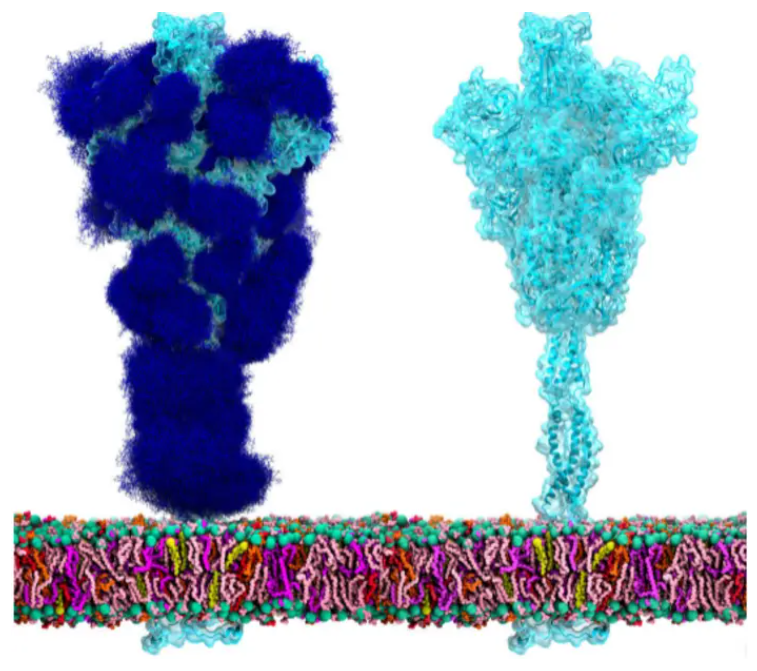
Vaccination Protects Against Death From SARS-CoV-2 Delta Variant
Vaccination with ChAdOx1 nCoV-19 or BNT162b2 is estimated to be about 90 percent effective for preventing deaths from COVID-19 caused by the B.1.617.2 (delta) variant, according to a research letter published online Oct. 20 in the New England Journal of Medicine.
Aziz Sheikh, M.D., from the University of Edinburgh in the United Kingdom, and colleagues conducted a cohort study using a Scotland-wide surveillance platform to estimate vaccine effectiveness against death from delta variant infection among adults aged 18 years or older from April 1 to Aug. 16, 2021, who were followed to Sept. 27, 2021. The analysis of mortality was based on 114,706 adults who tested positive for severe acute respiratory syndrome coronavirus 2.
The researchers found that among individuals aged 16 to 39 years, there were no deaths among the fully vaccinated versus 17 among unvaccinated individuals. Vaccine effectiveness was 88 and 95 percent with ChAdOx1 nCoV-19 and BNT162b2, respectively, among those aged 40 to 59 years; vaccine effectiveness was 90 and 87 percent, respectively, for those aged 60 years or older. Vaccine effectiveness against death from the delta variant 14 days or more after the second vaccine dose was 91 and 90 percent for ChAdOx1 nCoV-19 and BNT162b2, respectively.
Long COVID Can Last a Year; Many Sufferers Quit Jobs
Patients suffering from “long COVID” can have symptoms that last a year or more, putting their jobs and everyday routines in jeopardy, a new study finds.
Looking at more than 150 people with long-lasting effects from COVID-19, researchers said the patients reported thinking problems, fatigue, brain fog, headache, sleep problems and dizziness.
“The majority of people who we studied had been sick for at least a year, and were still seeing significant difficulty in life participation, feelings of general wellness and health, ability to socialize and ability to perform daily tasks,” said lead researcher David Putrino. He’s an associate professor of rehabilitation and human performance at the Icahn School of Medicine at Mount Sinai in New York City.
COVID Pandemic May Have Driven a Flu Strain Into Extinction
It’s well-known that COVID-19 pandemic restrictions pretty much quashed the 2020-2021 flu season, with influenza cases falling to never-before-seen lows in the United States.
So little flu circulated, in fact, that some scientists now suspect that one of the major strains of influenza might have gone extinct, for lack of humans to infect.







 © 2025 Mashup Media, LLC, a Formedics Property. All Rights Reserved.
© 2025 Mashup Media, LLC, a Formedics Property. All Rights Reserved.